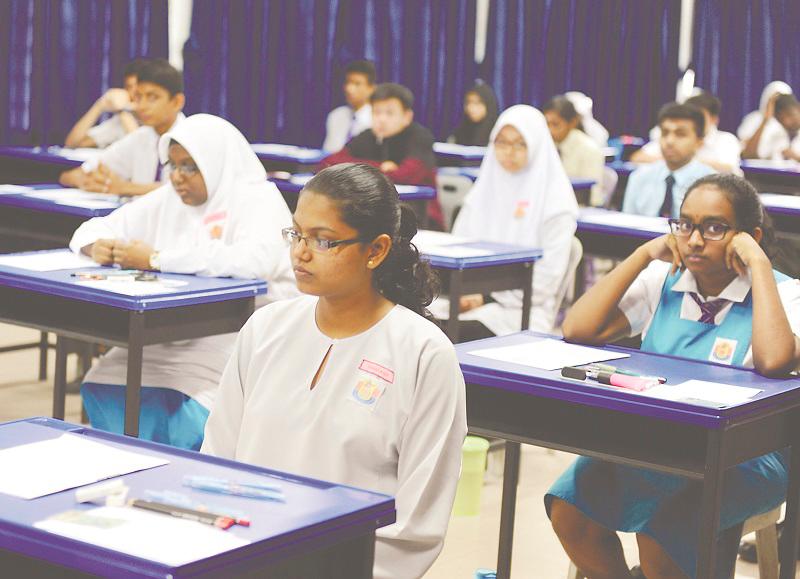THE Malaysian education system stands at a crossroads. For years, parents, teachers, students and experts have called for change, highlighting overcrowded and heavy curricula, restrictive language policies and an assessment system that lacks engagement with the realities students face today.
One pressing issue we often hear about is the overloaded syllabi in subjects that do little to nurture creative and critical thinking.
This is often overshadowed by an obsession with testing students’ higher-order thinking skills via rote memorisation at the expense of fostering a strong foundational understanding and connecting knowledge to the real world in fun and meaningful ways.
Students instead are expected to absorb heavy content with little time for engagement and enjoyment, which only stifles curiosity and creativity.
Rather than sticking to a rigid, top-down approach, we should involve students, parents and educators in creating curricula that are more responsive to their needs and interests.
When learning is dynamic, students are encouraged to think critically, ask questions and see learning as more than just a means to score good grades. It is time that our students’ rich and diverse intelligence be recognised by our education system, and to do this, our education system must move beyond the “one-size-fits-all” approach.
Language policies also need to reflect the needs of the students. Though there is an option to teach mathematics and science in English, many students are blocked by quotas or face other barriers that leave them learning critical subjects in Malay, regardless of their skills and mastery of English.
In an era where students increasingly interact with English-language content through digital platforms, this inflexibility holds them back.
We need policies that allow language flexibility, ensuring students can effectively learn in ways that reflect their real-world exposure to both Malay and English.
Malay language education could also benefit from a shift away from rigid technical focus. Presently, students experience Malay as a heavy, rules-based subject that often feels disconnected from their daily lives.
This approach fails to instil genuine appreciation or fluency, making language learning feel like a technical chore rather
than an asset. Instead, Malay language classes should emphasise real-life usage, creativity and relevance to the students’ world,
igniting their interest and creating lifelong connections to the language.
Keeping up with AI (artificial intelligence) certainly requires radical rethinking of what education and success mean. The benefits of AI must be reaped for teacher training, support and contents that meet students’ individual needs and talents.
Teachers must be guided and given the freedom to explore the technologies that
are properly and responsibly regulated,
and should no longer be burdened administratively in an ecosystem that is intensely KPI-driven, at the risk of inducing
a box-ticking mentality over genuine engagement with students.
Malaysian education has reached a point where surface-level adjustments are no longer enough. We need a comprehensive transformation that prioritises inclusivity, flexibility and meaningful engagement.
An education system is not just a series
of policies; it is a foundation for our society’s future.
Real change means shifting from merely teaching students to truly “educating” our children – nurturing not only knowledge but a lifelong love of learning, compassion and connection.
Finally, our education system must be safeguarded from political shifts. Reform should not be tied to the agendas of each
new administration but should instead be
led by dedicated, passionate educators who prioritise the long-term interests of our children.
Based on this understanding, we need leaders who are committed to creating a stable and lasting education system that serves the needs of our students.
Dr Rodziana Mohamed Razali and Dr Tengku Amatullah Madeehah T. Mohd are associate professors at Universiti Sains Islam Malaysia. Comments: letters@thesundaily.com









